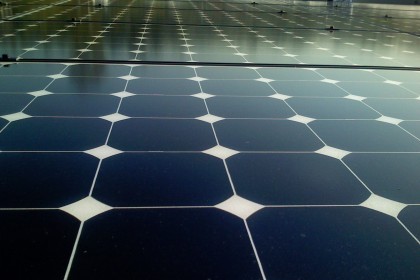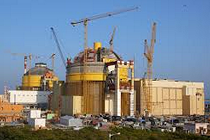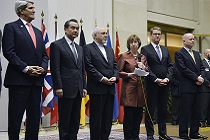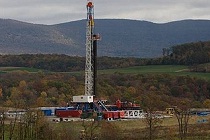WTO solar ruling: victim to victor
The WTO judgment on the India-U.S. dispute on solar panels shows how rules across different international regimes – climate change, trade and nuclear power – favor the countries which set those rules. India must deepen its participation in such multilateral fora to protect its interests.





